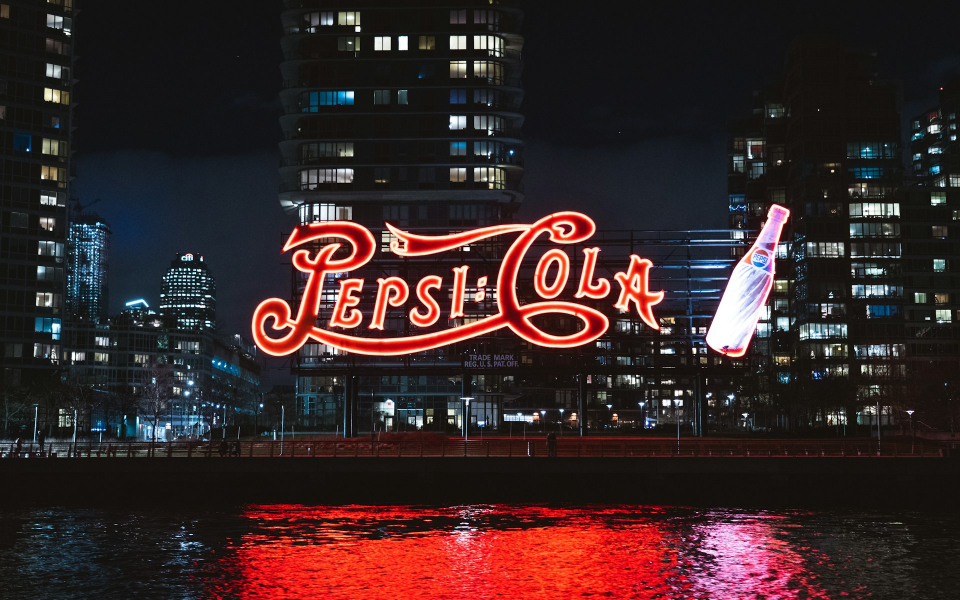Before the markets opened on Thursday. PepsiCo Inc
One of its rivals one the global snacks and beverages front, Mondelez International
Mondelez has been deliberately limiting cross-border sales within the EU, abusing its dominant position. Responding to the commission who found its illegal practices prevented retailers from being able to freely source products in the EU member states with lower prices, Mondelez spokesperson stated that the penalty related to isolated incidents which were remedied before the commission started the investigation.
Another industry peer, Constellation Brands Inc
PepsiCo's Second Quarter Highlights
For the quarter ended on June 15, PepsiCo reported net sales rose almost 1% to $22.5 billion, which was short of LSEG's estimate of $22.57 billion. Fueled by international operations, organic revenue that excludes acquisitions, divestitures and currency changes, actually grew 1.9%.
But net income attributable to the company amounted to $3.08 billion or $2.23 per share, rising from last year's comparable quarter when PepsiCo earned $2.75 billion, or $1.99 per share. When adjusted, earnings per share amounted to $2.28, surpassing LSEG's estimate of $2.16.
Pepsi Got Hurt by Declining Demand at its Home Market
In North America, financials were hurt by safety product recalls and shrinking product demand as years of price increases led consumers to buy fewer of PepsiCo's products and switch to cheaper alternatives. Frito-Lay North America, the company's second largest business after the beverages unit, reported a volume decrease of 4%, while the beverage unit reported a decrease of 3%. Quaker Foods North America continues to deal with food safety recalls for potential salmonella contamination that was issued in December and January, with its volume shrinking by 17%.
A More Cautious Outlook
While PepsiCo previously guided for organic revenue growth of at least 4%, it now expects approximately 4%. But it reiterated its core constant currency earnings growth outlook of at least 8%.
On a brighter note, international demand remained strong despite the price increases. But in the U.S., its largest market, PepsiCo is facing increased competition from private-label brands.















